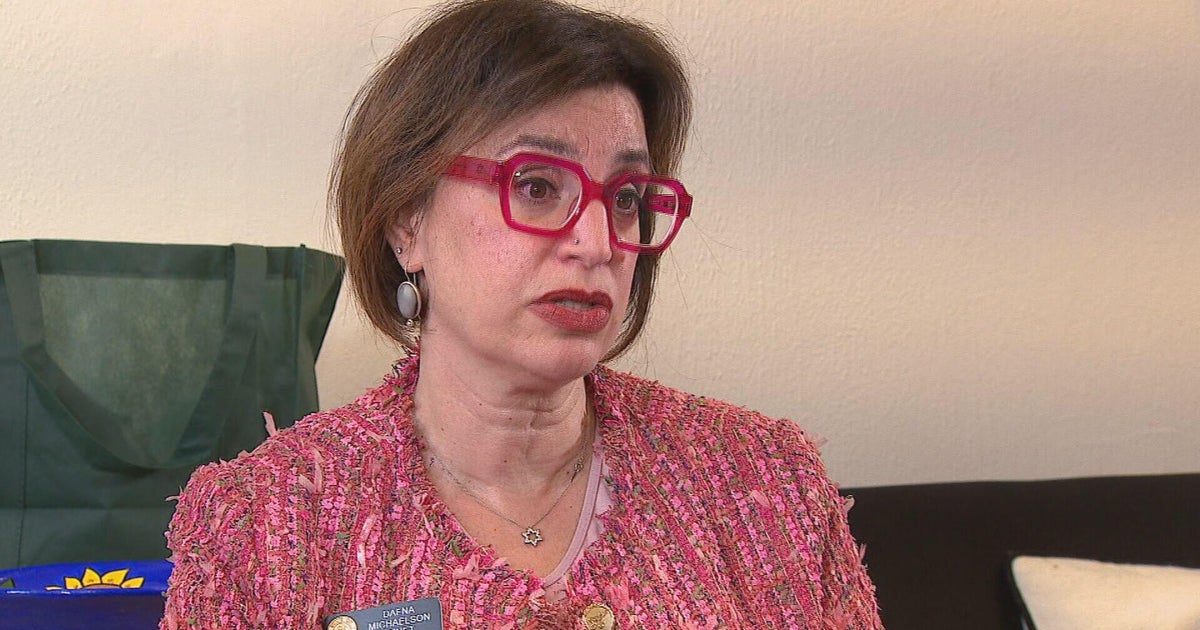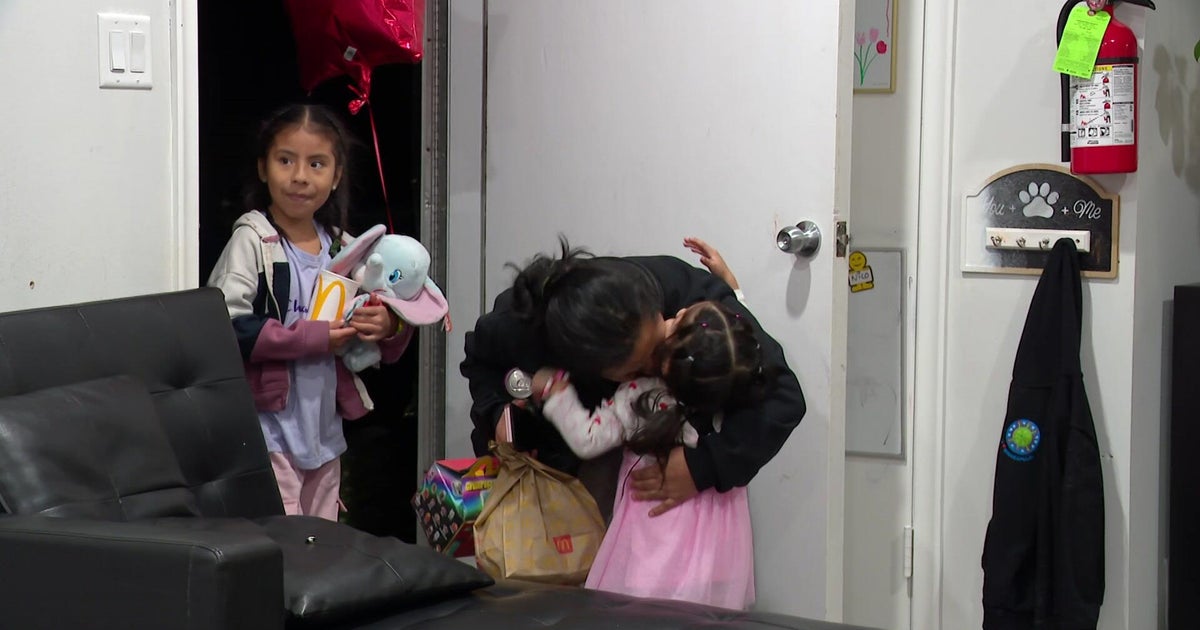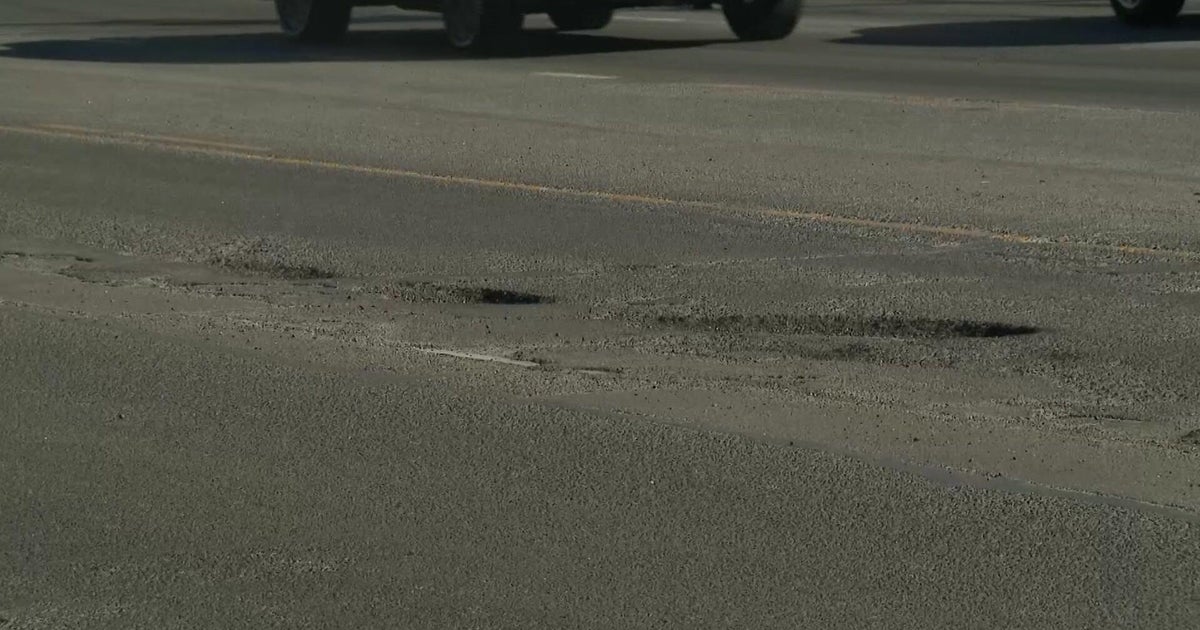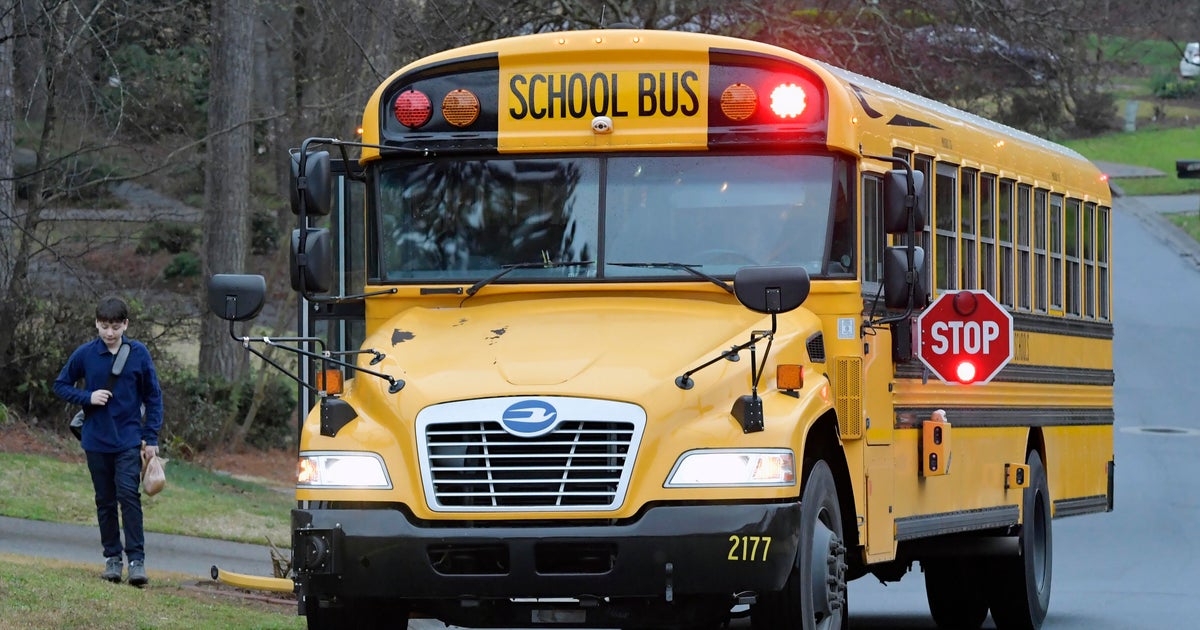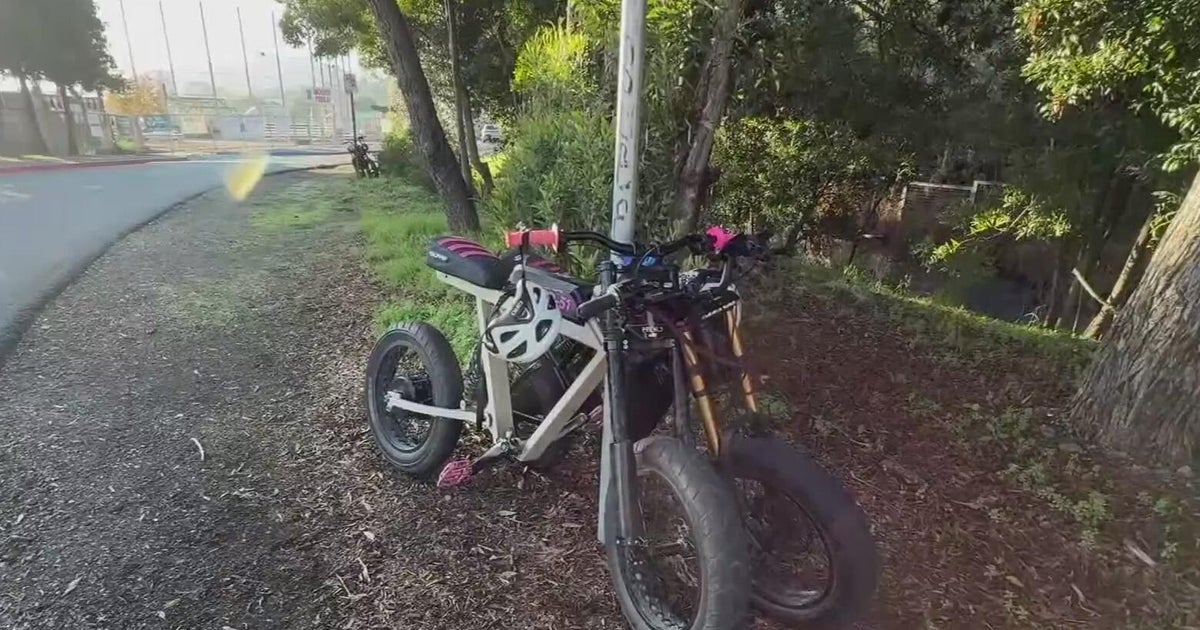Officials Warn E-Cigarettes Are More Dangerous Than They Appear
MINNEAPOLIS (WCCO) -- As kids head back to school, the health department warns about products doing serious damage to developing brains. E-cigarettes have helped lead to the first spike in tobacco use among Minnesota teenagers in nearly 20 years.
We found parents have a steep learning curve to combat a new addiction.
In the middle of the Midway between the buckets of food and other State Fair flavors, we put a bit of a damper on the mood with a dangerous revelation.
No parents we asked seemed to know what e-cigarettes look like.
Minnesota's Department of Health has been grappling with the growing problem for months, fighting back against a fast-moving market that's difficult to detect.
Laura Oliven is the Tobacco Control Manager at Minnesota Department of Health
"We want people to know that this is a widespread public health problem," Oliven said.
More than 25 percent of Minnesota high school students use some form of tobacco or nicotine, with e-cigarette use or vaping up 50 percent in four years.
"I said it's a perfect storm. It's actually more like a tsunami," Oliven said.
E-cigarettes are readily available. We found local gas stations and pharmacies stocked them behind the counter. Colorful, sleek packaging and enticing flavors make them attractive to a younger crowd.
"Creme brulee, mango and cool mint," Oliven said.
Although what's really inside is more dangerous than you may realize. Commonly known as a JUUL, these popular flash-drive looking devices use pods that contain nicotine salts that offer a faster path to the brain. One pod contains the same amount of nicotine as one pack of cigarettes.
"We're getting some reports of kids coming home saying, 'I can't stop,'" Oliven said.
Social media only seems to be adding to the problem. It's led to a game of sorts to vape, post a video, and get away with it. Whether it be in a school hallway or bathroom.
Now, new research points to long-term consequences from vaping when it comes to learning, memory and attention. The same studies show if vaping starts early, there's a greater risk teenagers will start smoking cigarettes or try drugs.
"I think we're at risk of increasing the risk of a whole generation to addiction," Oliven said. "We want to get on it early, we want to galvanize. We need a full court press to address this issue."
If Minnesota's Great Get Together is any indication, there is still a long way to go.
We asked three 13-year-olds if they knew what we were holding.
"That's a JUUL and that's a drop," one told us.
They all say they've seen them before.
The Health Department will roll out a full-fledged campaign for schools to take on vaping later this week. So far, 11 Minnesota cities have increased the tobacco sale age from 18 to 21 and some cities now prohibit the sale of flavored tobacco products.

